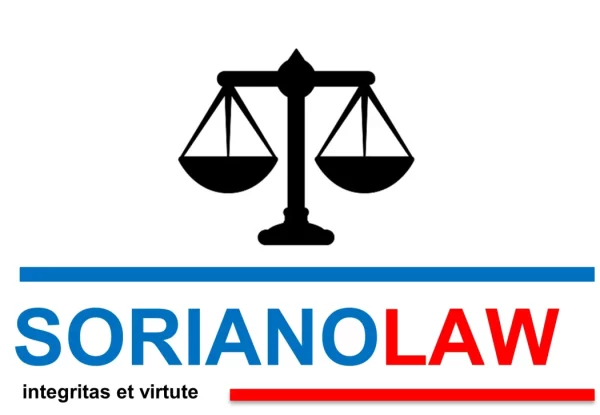
Image by Sangeeth Sangi from Pixabay
The Senate and House of Representatives have recently been occupied with the investigations of high-profile personalities with alleged ties to Philippine Offshore Gambling Operators (POGOs). These POGOs are suspected of being the hotbed for various criminal activities, including money laundering, human trafficking, illegal gambling, graft, and corruption, among others. Many of the officers and employees of the raided POGO hubs in Bamban, Tarlac, and Porac, Pampanga were charged with serious offenses that carry the penalty of life imprisonment.
It is worth noting that these POGOs are incorporated entities. As such, under the law, they are vested with separate and distinct personalities. Ordinarily, this is an advantage because it limits the liability of the corporate stockholders only up to the extent of their investment.
These incidents pose an interesting question: Can the individual incorporators, stockholders, officers, and employees be held liable for acts committed for and on behalf of the corporation?
Certainly, the answer is yes; because the corporate structure cannot be used to defeat public convenience, justify wrong, protect fraud, defend crime, or commit illegal acts. However, since mere allegations is not evidence, it is crucial that there must be proof of the illegal acts.
Case laws state that as long as there is a concurrence of all the elements in the three-pronged test, the separate juridical personality of the corporation may be set aside to hold the individuals personally accountable.
In this connection, case law lays down a three-pronged test to determine the application of the alter ego theory, which is also known as the instrumentality theory, namely:
- Control, not a mere majority or complete stock control, but complete domination, not only of finances but of policy and business practice in respect to the transaction attacked so that the corporate entity as to this transaction had at the time no separate mind, will or existence of its own;
- Such control must have been used by the defendant to commit fraud or wrong, to perpetuate the violation of a statutory or other positive legal duty, or dishonest and unjust act in contravention of the plaintiff’s legal right; and
- The aforesaid control and breach of duty must have approximately caused the injury or unjust loss complained of. (Philippine National Bank vs. Hydro Resources Contractors Corporation, G.R. No. 167530, March 13, 2013)
Thus, in summary, corporate officers cannot always shield themselves from liability, especially for fraudulent purposes.
Piece of advice? Be a responsible business owner and avoid fraudulent transactions 😊
